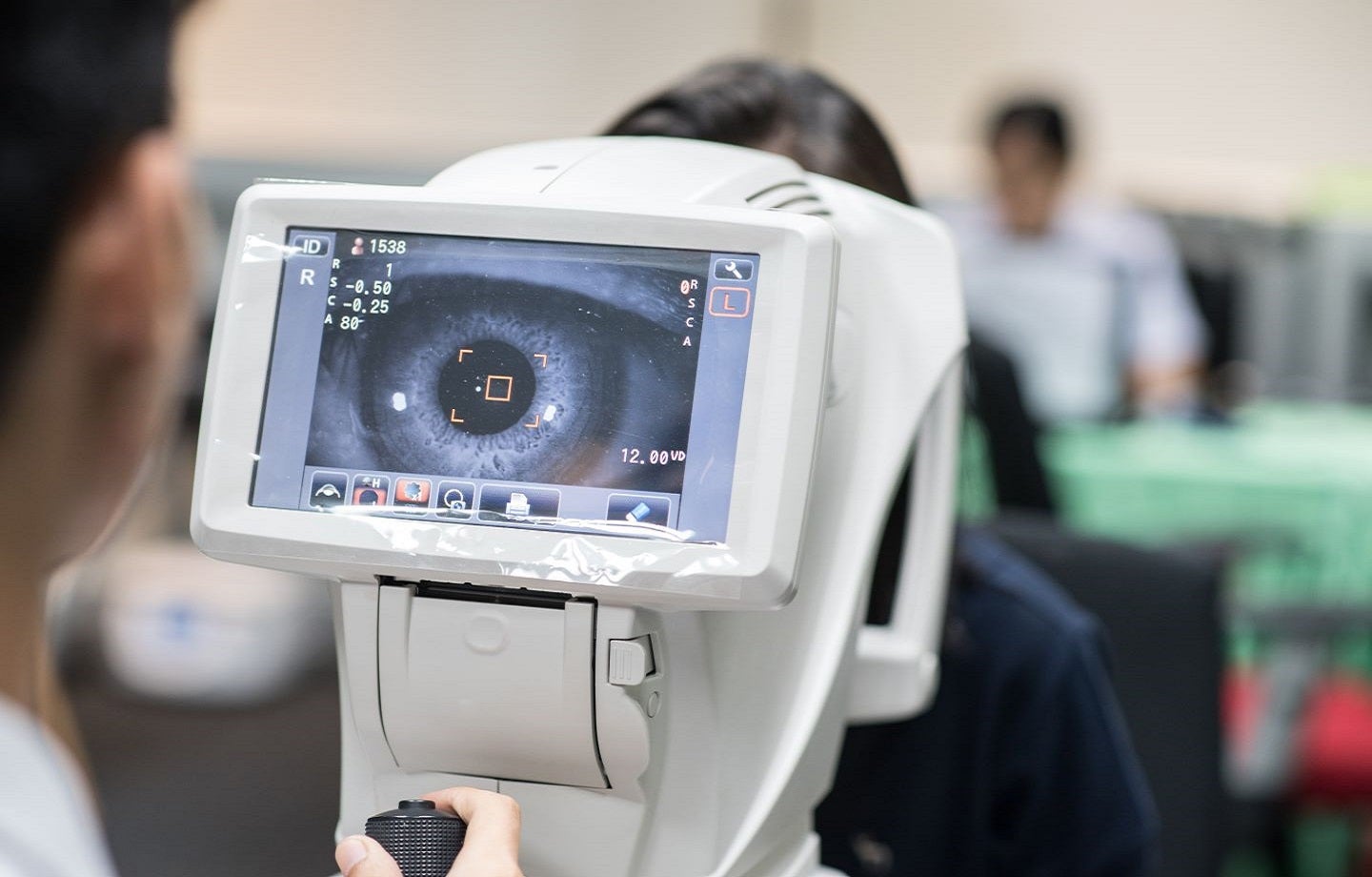

Chengdu Origen Biotechnology and Vanotech have dosed the first subject in the VAN-2201 Phase I clinical study of KH631 to treat wet age-related macular degeneration (wet AMD).
The open-label, dose-escalation and multi-centre study will evaluate the tolerability, efficacy and safety of KH631 as a single-administration gene therapy for patients with earlier treated wet AMD.
KH631, a recombinant adeno-associated virus vector, encodes a human VEGF receptor fusion protein.
Its administration resulted in transgene product retention in the retina for prolonged periods and prevented the progression of the disease in preclinical studies of wet AMD disease models.
These results suggest the potential of KH631 to serve as a single administration treatment for patients with wet AMD.
Vanotech chief medical officer Avner Ingerman said: “Dosing our first patient in the VAN-2201 Phase 1 trial is an important milestone in the advancement of KH631 by exploring the potential of single administration gene therapy as a treatment for wet AMD.
“KH631 is designed to deliver anti-VEGF continuously to the retina, with the potential to provide sustained levels that can control the disease.”
Wet AMD is the rarer form of AMD and results in vision loss caused by the development of abnormal blood vessels in and beneath the retina.
It is said to be a leading cause of irreversible vision loss or blindness in Europe and the US, particularly when not treated.
Cell & Gene therapy coverage on Clinical Trials Arena is supported by Cytiva.
Editorial content is independently produced and follows the highest standards of journalistic integrity. Topic sponsors are not involved in the creation of editorial content.







